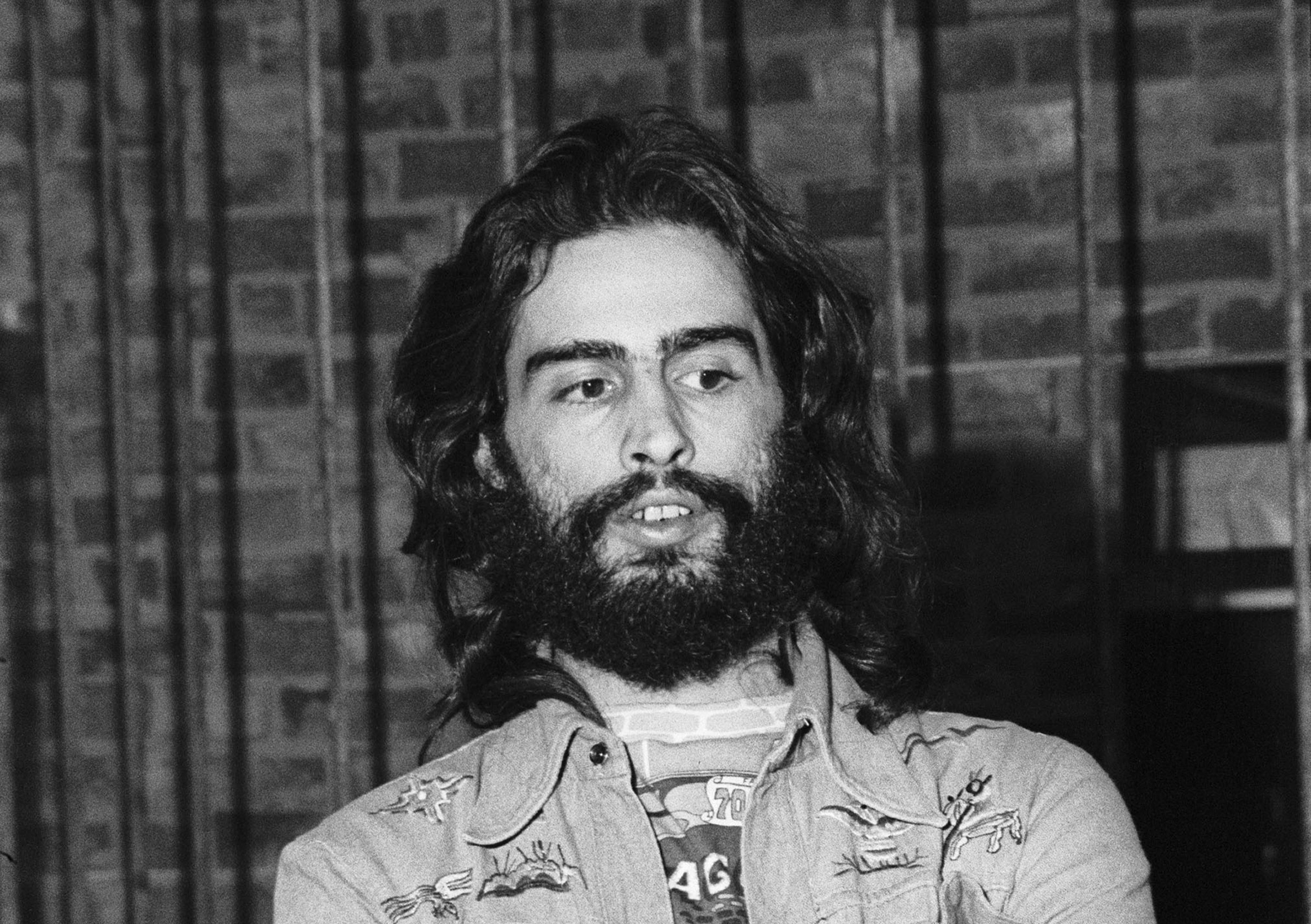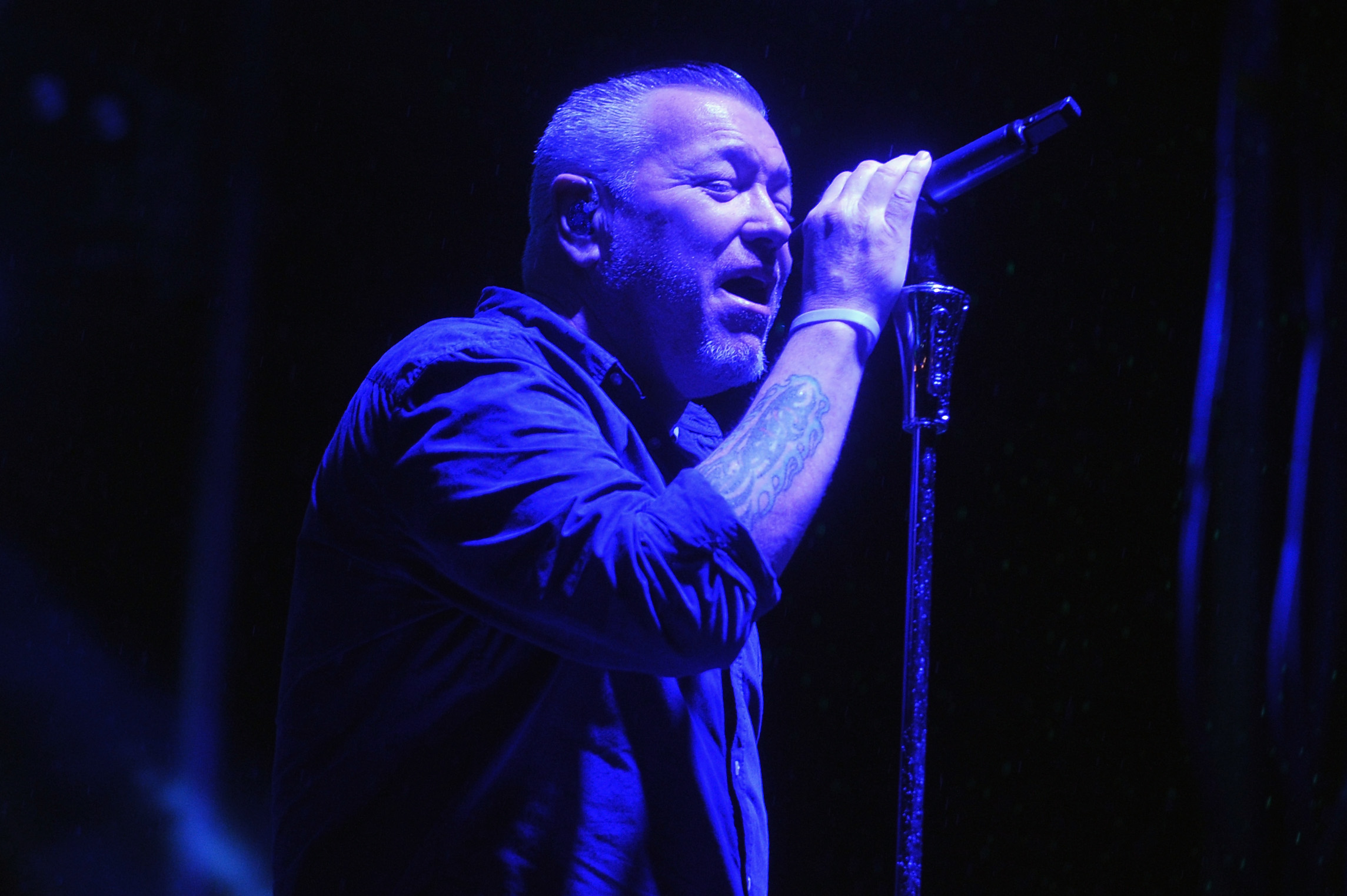In late 1972, a hippie native New Yorker named David Mancuso went to a Jamiacan record store in Brooklyn and found a single he liked called “Soul Makossa,” by Cameroonian saxophonist Manu Dibango, on the small French label Fiesta. He took it back to his lower Manhattan spot and, that weekend, played it for his friends, and their friends, and some friends of theirs too: attendance was by invitation only. By that point, the enormous lower Broadway apartment, formally known as the Loft, was quite the happening place—in fact, it had provided a model for others, such as the Tenth Floor and 12 West. In the sixties, clubs like the Peppermint Lounge, Regine’s, Cheetah, Ondine, and Arthur—whose Terry Noel is often credited as the first DJ to segue records together rather than just play them back-to-back—had sparked a craze for French-style discotheques. The Loft was where the discotheque became the disco—and where the mélange of records Mancuso favored became the building blocks of the musical style also known as disco.
“Soul Makossa” hit the speakers at the Loft—expensive, crystal-clear Klipschorns that reflected Mancuso’s lifelong obsession with pure sound—and suddenly an obscure African record became the hottest song in New York. Frankie Crocker of WBLS-FM, the city’s premiere R&B station, began playing it, and soon you couldn’t find it: Billboard reported that Dibango’s single was going for up to $3 (at a time when a 7-inch cost less than a dollar). The record was so hot that it was counterfeited, with the Brooklyn D.A. busting two shops for selling unauthorized copies. By mid-1973, a series of covers flooded the market, by Afrique, All Dyrections, Nairobi Afro Band, Simon Kenyatta Troupe, Olatunji. The Afrique version, in fact, beat Dibango’s to the Billboard charts, where Dibango’s version would peak at number 35. A decade later, its chant of “ma-mako, mama-say, mama-makossa” would be swiped by Michael Jackson for “Wanna Be Startin’ Somethin’.” (Dibango sued for infringement, and settled out of court.)
“Soul Makossa” was the first, though hardly the last, song to become a pop hit after Mancuso aired it at the Loft. Such musical savvy alone would make Mancuso—who died on November 14 at age 72—historically important. Ray Caviano, one of dance music’s key A&R men, recalls that during his time at the Miami disco label T.K. Records, “David broke two big dance hits for me, among others: T-Connection’s ‘Do What You Wanna Do’ and Ralph McDonald’s ‘Calypso Breakdown’”—the latter of which became a cornerstone of the mega-selling Saturday Night Fever soundtrack. Caviano adds, “Just before joining T.K., David helped break an independent project I was working on: Dr. Buzzard’s Original Savannah Band’s ‘Cherchez La Femme.’”
But that’s not nearly all Mancuso did, or all the Loft was. (And is; there are Lofts in London and New York, the later helmed by DJs Douglas Sherman and Colleen “Cosmo” Murphy.) The Loft was the foundation of disco—and by extension, the foundation of every DJ-driven dance style since, from house and techno to EDM. (Don’t blame Mancuso for the latter, though.) He cofounded the New York Record Pool, the first DJ collective of its type in the U.S., and ran it out of the Loft in the mid-seventies.
Mancuso was born in Utica, New York, and was raised in an orphanage by a nun who was fond of throwing fêtes for her charges. “I have a feeling part of my influence—why it’s communal, why I do it the way I wanna do it—it has to do with back then,” he told Bill Brewster and Frank Broughton. “Sister Alicia would find any excuse to have a party.”
More than anything, the Loft was an ideal in action—a sanctuary for outsiders united by music. “Don’t forget, you had the civil rights movement going on, you had gay liberation going on,” he recently told Red Bull Music Academy. “You had all these movements going on.” The Loft’s makeup reflected those times. “The original Loft was very gay, with a sprinkling of straights,” Judy Weinstein, who co-founded the New York Record Pool, told Vanity Fair, noting that the space on Prince Street to which Mancuso moved from Broadway in 1975, “was more mixed—black and Spanish gay boys, and girls. The white gay boys went to the Tenth Floor. 12 West came later.” Moreover, profit was never Mancuso’s motive. “Clubs are set up for the purpose of making money,” he told Tim Lawrence in 2007. “This is not what The Loft is about. The Loft is about putting on a party and making friends.”
Listening through this seven-hour Mancuso set from the Loft in 2005 is instructive. The track list is blindingly eclectic and far-flung, ranging from obscure New York rockers Cat Mother and the All Night Newsboys to Nigerian highlife master King Sunny Adé and His African Beats to German progressive-house producer Timo Maas’s remix of Depeche Mode’s “Enjoy the Silence” to Mancuso’s theme song, MFSB’s Philly disco extravaganza “Love Is the Message.” What they all share is an airiness that, in aggregate, feels less escapist than willed—a determination that good times are not merely worth earning but vital to a fulfilled life. “Maybe a lot of us were insecure,” he told Lawrence in 2007, “but we found a way to make each other secure.”
Asked about the differences between his first time at the Loft and the last, Caviano responds, “There was not much difference. David’s music was always creative, free flowing, original and organic. It was always about programming the music. He told a story—a magical story—with his music. Simply put, I will miss David. He was my foundation to my dance music career.” Moreover, he was the foundation of everyone’s dance music career. Every time we gather to dance to DJs in a friendly space, we pay tribute to David Mancuso.
Michaelangelo Matos is the author of The Underground Is Massive: How Electronic Dance Music Conquered America. He lives in St. Paul, Minnesota.





